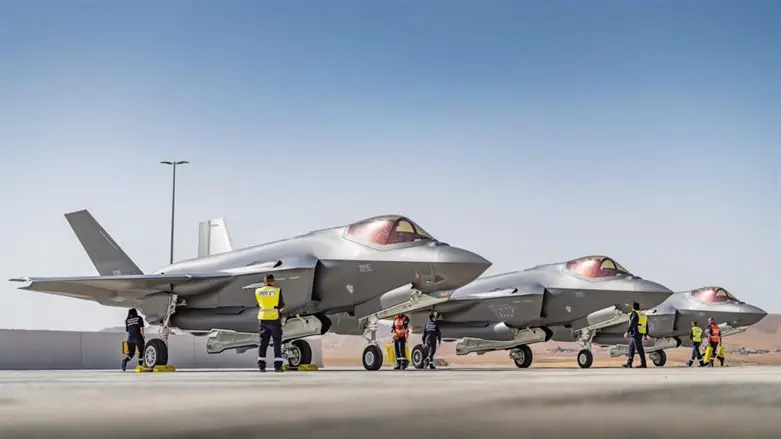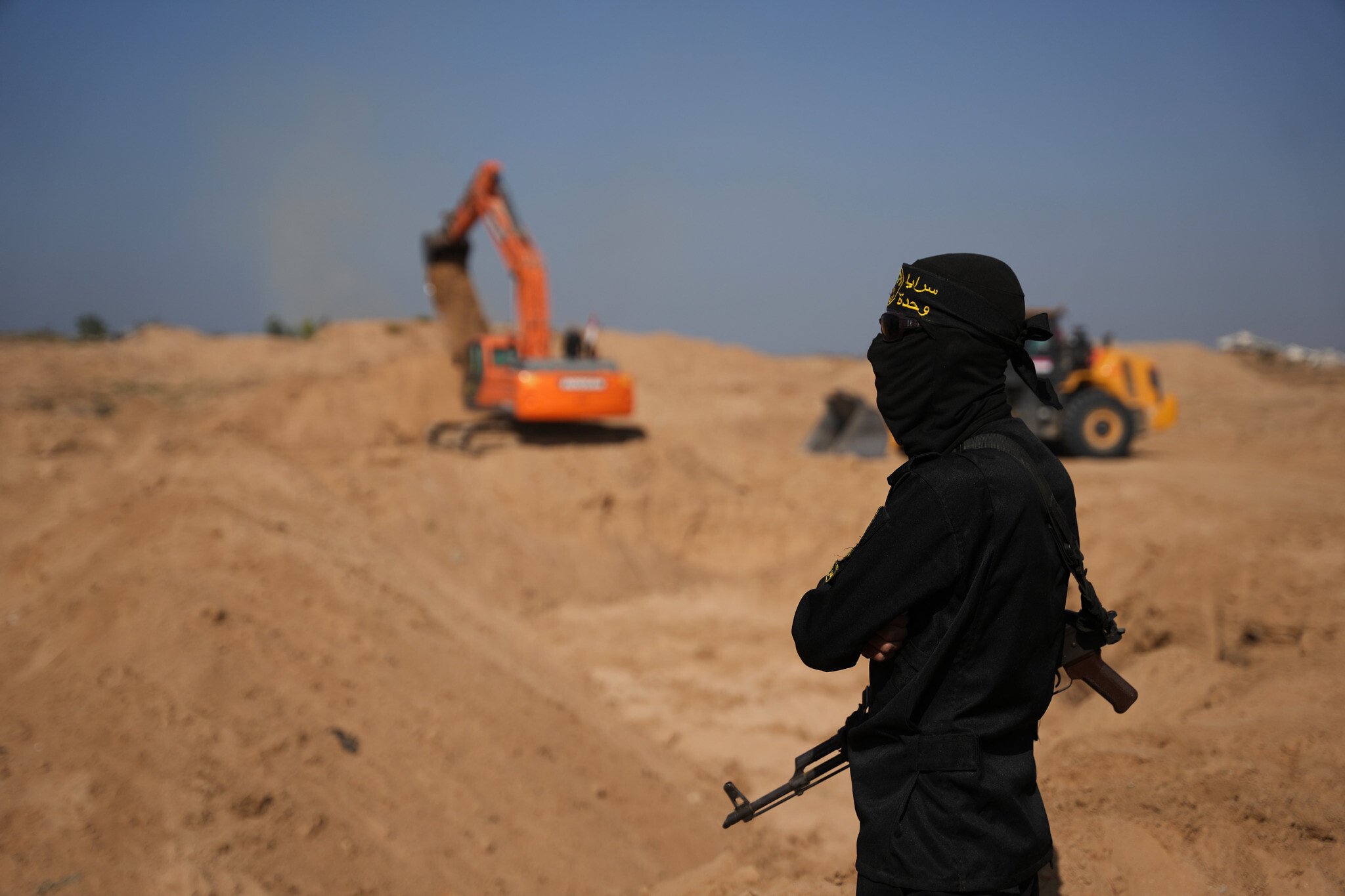The proposed sale of up to 48 advanced stealth fighters from the United States to Saudi Arabia is reshaping the foundations of Middle East security. This deal is not just about transferring military hardware; it represents a shift from decades of policy that protected Israel's military edge by restricting access to cutting-edge systems. Now, the United States is leveraging the sale to push for normalization between Israel and Saudi Arabia, demanding that Riyadh sever sensitive defense ties with China, and pledging to keep Israel ahead by guaranteeing access to future technologies.
The arrangement hinges on three pillars: diplomatic normalization, technological safeguards against Chinese influence, and a generational commitment to Israel's military superiority. If successful, the deal could create a new model of power projection, using access to elite systems as leverage for strategic alignment. However, the risks are significant. Without strict controls and credible guarantees, the sale could destabilize the region, encourage riskier behavior, and entangle the United States in long-term obligations.
Ultimately, the F35 gambit is a high-stakes test of whether transactional arms deals can be transformed into lasting security architecture, or whether they risk undermining the very allies they are meant to protect.

 image sourced from original article at
image sourced from original article at 


